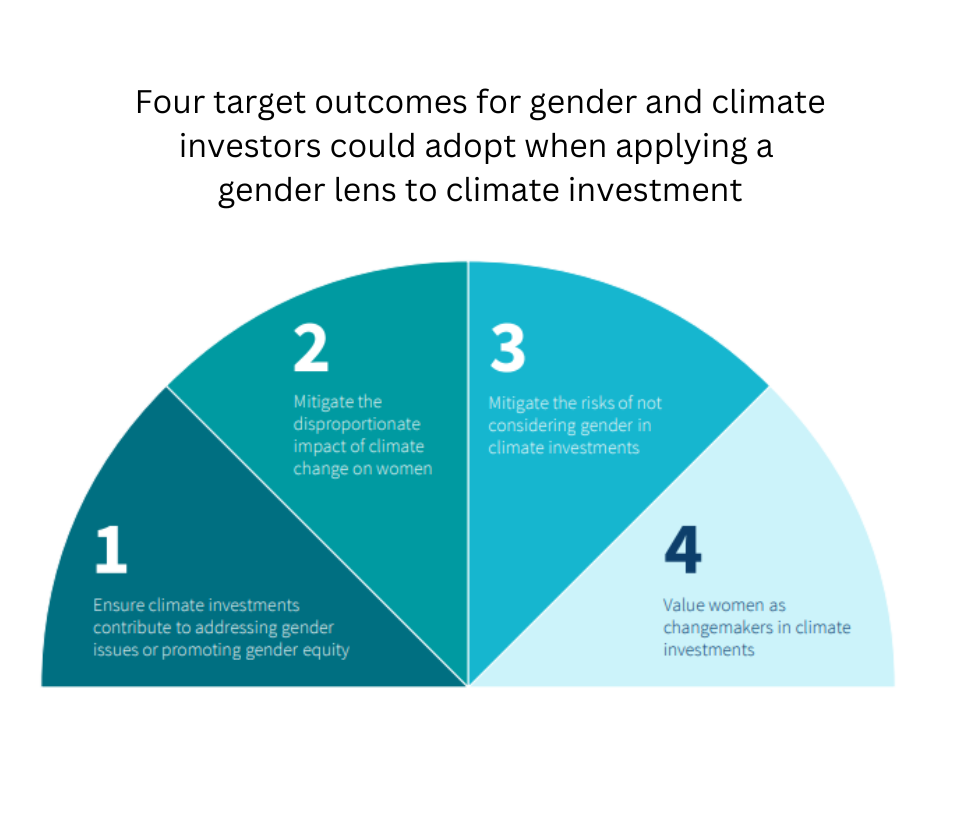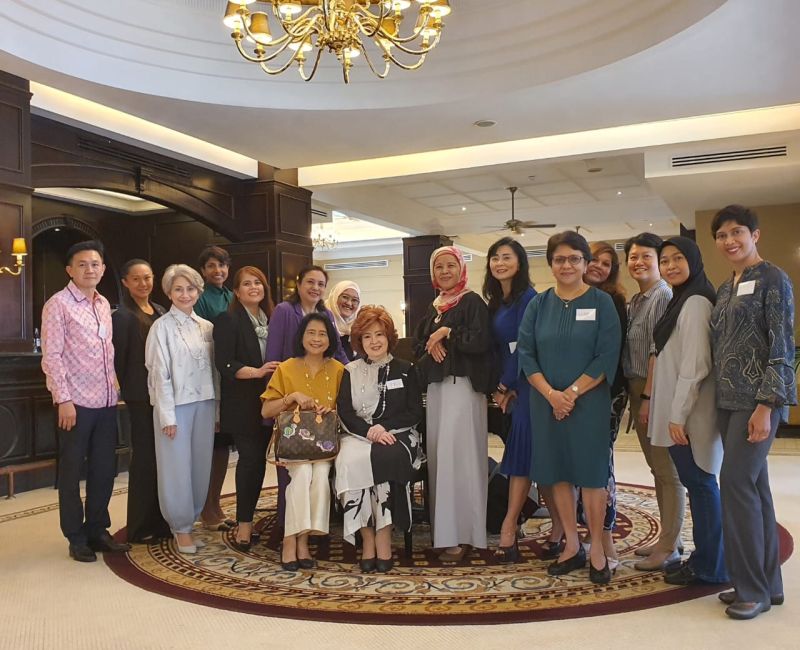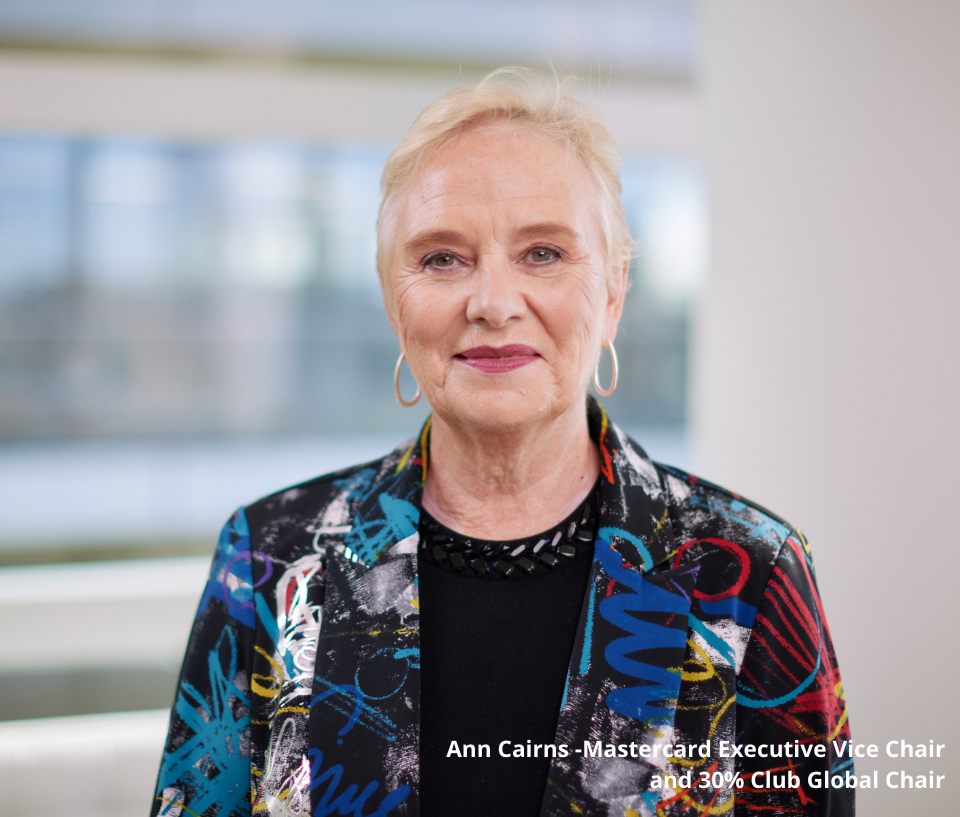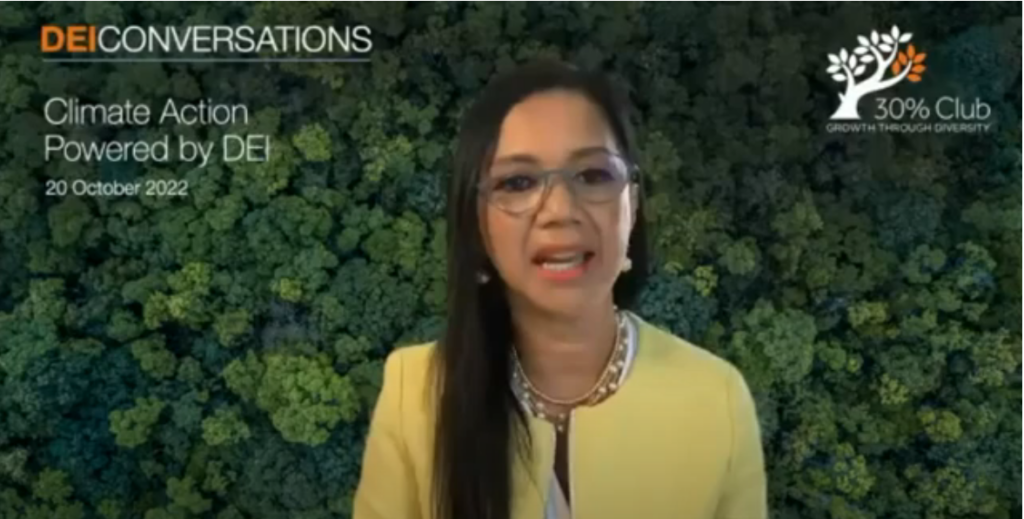Według najnowszych danych 30% Club Poland na koniec 2022 r. udział kobiet we władzach – definiowanych jako zarządy i rady nadzorcze – 140 największych spółek notowanych na warszawskiej giełdzie wzrósł zaledwie o 0,6 pp. względem roku poprzedniego. Wskaźnik ten pozostaje na niskim poziomie 17,2%, a tempo jego zmiany jest niepokojąco wolne.
Pomimo niewielkiej poprawy na poziomie zagregowanym, w danych widoczne są negatywne tendencje – wśród badanych spółek tylko 3 na koniec 2022 r. miały kobietę na stanowisku prezeski zarządu, choć jeszcze dwa lata temu takich spółek było 6. W przypadku 15,7% badanych firm na czele rady nadzorczej stała kobieta – to podobny poziom jak w poprzednich dwóch latach.
W drugiej połowie ubiegłego roku zarówno Rada Europy jak i Parlament Europejski przyjęły dyrektywę w sprawie poprawy równowagi płci wśród dyrektorów spółek giełdowych oraz powiązanych środków. Zgodnie z nią, do lipca 2026 r. w dużych spółkach giełdowych, których siedziba mieści się w kraju UE, niedoreprezentowana płeć będzie musiała stanowić co najmniej 40% składu rad nadzorczych lub minimum 33% łącznego składu zarządu i rady nadzorczej. Dziś pierwsze z tych kryteriów spełnia tylko 14, a drugie 17 spółek spośród 140 największych polskich firm giełdowych.

UDZIAŁ KOBIET WE WŁADZACH LEKKO WZRÓSŁ RDR, NAJBARDZIEJ W SWIG80
Według danych zebranych przez 30% Club Poland udział kobiet we władzach 140 największych notowanych spółek wyniósł na koniec 2022 r. zaledwie 17,2%, co stanowi wzrost o jedyne 0,6 pp. względem roku poprzedniego. Najwyższy udział kobiet we władzach – podobnie jak w poprzednich latach – miały krajowe blue chipy (20,9%). Jednak w tej grupie spółek nie było praktycznie żadnego progresu w trakcie 2022 r. (+0,1 pp.) oraz w ciągu ostatnich dwóch lat (+0,4 pp. w 2021 r.).
Z kolei spółki z indeksu sWIG80 zanotowały wyraźną poprawę wskaźnika – o 1,5 pp., choć udział kobiet we władzach jest w nich na relatywnie niskim poziomie 15,4%. To już drugi rok z rzędu konsekwentnej poprawy w tej grupie – w 2021 r. udział kobiet wzrósł o 1,3 pp. rok do roku. Rozczarowanie przynosi analiza „średniaków”, czyli firm z indeksu mWIG40. W przypadku tej grupy wskaźnik udziału kobiet spadł o 0,8 pp. do 17,7%. To duży kontrast w stosunku do poprzedniego roku, bowiem w 2021 r. udział kobiet w tych firmach zwiększył się o 3,2 pp.

POLSKIE SPÓŁKI DALEKO OD PROGÓW Z DYREKTYWY PARLAMENTU EUROPEJSKIEGO
W drugiej połowie ubiegłego roku zarówno Rada Europy jak i Parlament Europejski przyjęły dyrektywę w sprawie poprawy równowagi płci wśród dyrektorów spółek giełdowych oraz powiązanych środków, która dotyczy dużych spółek giełdowych, których siedziba mieści się w kraju UE. Dyrektywa nie ma zastosowania do giełdowych mikroprzedsiębiorstw, małych i średnich przedsiębiorstw (MŚP) czyli firm, które zatrudniają mniej niż 250 pracowników i których roczny obrót nie przekracza ekwiwalentu 50 mln EUR lub których całkowita suma aktywów nie przekracza ekwiwalentu 43 mln EUR.
Zgodnie z dyrektywą do lipca 2026 roku, niedoreprezentowana płeć będzie musiała stanowić co najmniej 40% składu rad nadzorczych lub minimum 33% członków zarządu i rady nadzorczej łącznie. Dziś pierwsze z tych kryteriów spełnia tylko 14, a drugie 17 spółek spośród 140 największych polskich firm giełdowych. Część z badanych spółek spełnia zarówno pierwszy jak i drugi warunek.
Tempo zmian w największych spółkach giełdowych w Polsce jest alarmująco wolne, zwłaszcza że mamy tylko nieco ponad trzy lata, żeby przygotować się do wymogów dyrektywy europejskiej. W tym kontekście warto przeanalizować wyzwania związane z różnorodnością, zaplanować działania i wyznaczyć konkretne cele w tym obszarze.
TYLKO 3 PREZESKI NA CZELE NAJWIĘKSZYCH SPÓŁEK
Wśród 140 badanych spółek tylko 3 na koniec 2022 r. miały kobietę na stanowisku prezeski zarządu – jeszcze rok temu takich spółek było 5, a dwa lata temu 6. W przypadku 22 firm (16% badanych) na koniec 2022 r. kobiety stały na czele rad nadzorczych – to podobny poziom jak w poprzednich dwóch latach.
Podobnie jak w latach ubiegłych kobiety częściej można było spotkać w radach nadzorczych niż w zarządach. Na koniec 2022 r. udział kobiet w organach nadzorczych 140 największych spółek wyniósł 20,4%, zaś w zarządach 12,2%.
SEKTOR FINANSOWY PONOWNIE LIDEREM RÓŻNORODNOŚCI WE WŁADZACH SPÓŁEK
Podobnie jak w poprzednim roku, liderem różnorodności ze względu na płeć pozostał sektor finansowy. W spółkach do niego zaklasyfikowanych kobiety stanowiły 24,7% władz w porównaniu do 23,5% na koniec 2021 roku. Jednocześnie był to jedyny sektor, w którym udział kobiet we władzach spółek przekroczył jedną piątą. Na drugim miejscu znalazł się segment nieruchomości, z 18,8% udziałem wobec 14,8% rok wcześniej. Jednocześnie jest to sektor, który pokazał największą pozytywną zmianę rok do roku. Na trzecim miejscu znalazł się sektor medycyny, z 17,0% udziałem kobiet we władzach spółek oraz 2,2 pp. wzrostem rok do roku. Najgorzej pod względem różnorodności ze względu na płeć, podobnie jak rok wcześniej, wypadł sektor detaliczny, we władzach którego znalazło się tylko 14,4% kobiet.
20 SPÓŁEK Z PRZYNAJMNIEJ 30-PROC. WYNIKIEM
Zgodnie z teorią tzw. masy krytycznej, aby głos mniejszości był słyszalny i miał wpływ na działania większości a poprzez to, aby biznesowe korzyści z różnorodności były widoczne, udział kobiet we władzach spółek powinien wynieść przynajmniej 30%. Z tego względu kampania 30% Club Poland dąży do osiągnięcia tego progu wśród największych polskich spółek giełdowych.
Na koniec 2022 r. poziom ten był osiągnięty w 20 spółkach spośród badanych 140 (w porównaniu do 18 na koniec 2021 r.) – w tej grupie są zarówno blue chipy, jak i średnie i mniejsze spółki, reprezentujące różne sektory działalności. W badanym okresie spadła również liczba spółek bez żadnej kobiety w zarządzie i radzie nadzorczej – na koniec 2022 r. takich firm było 23, natomiast rok wcześniej ich liczba wyniosła 28.
Obie te tendencje cieszą, ale ich postęp na polskim rynku jest za wolny. Gdyby tempo zmian z minionego roku utrzymało się, to próg 30% dla wszystkich 140 spółek osiągnęlibyśmy dopiero za 60 lat, a spółki wyłącznie z męskimi władzami zniknęłyby za niecałe 5 lat.
POTRZEBNE SĄ DZIAŁANIA – PRZEWODNIK DEI 30% CLUB POLAND
Aby ułatwić firmom zwiększenie udziału kobiet na kluczowych stanowiskach, 30% Club Poland wydał autorski Przewodnik DEI (Diversity, Equity & Inclusion) poświęcony różnorodności, równym szansom i włączeniu. Narzędzia i propozycje działań pomogą ustrukturyzować i zaplanować drogę do zbudowania inkluzywnej kultury korporacyjnej, wyrównania szans i dojścia do większej różnorodności we władzach, wszystkim firmom, bez względu na ich rozmiar, strukturę własnościową czy poziom zaawansowania w tym zakresie.



















 zastanowimy się nad przyczynami,
zastanowimy się nad przyczynami, Katarzyna Grajda, Senior Partner, Korn Ferry, firmy partnerskiej 30% Club Poland,
Katarzyna Grajda, Senior Partner, Korn Ferry, firmy partnerskiej 30% Club Poland,
